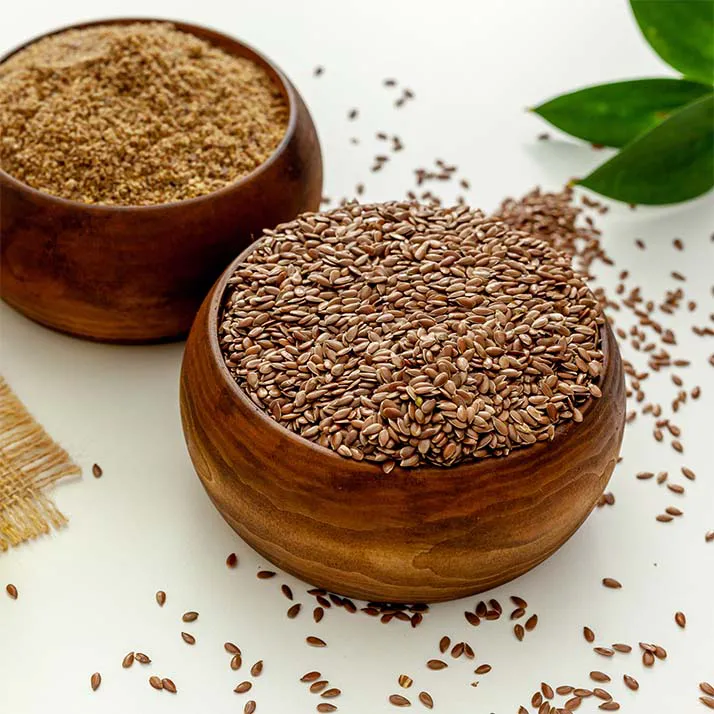The Impact of Flaxseed Supplementation on Blood Pressure: A Natural Approach to Hypertension Management
The Impact of Flaxseed Supplementation on Blood Pressure: A Natural Approach to Hypertension Management

The gravity of hypertension cannot be overstated as it affects an ever-growing population across the world resulting in fatal consequences. Its management predominantly involves antihypertensive therapies but alternate modalities like supplements containing flaxseed components have found acceptance too. Flaxseeds' unique composition comprising alpha-linolenic acid(ALA)and fiber renders its usage with the aim of potentially decreasing high blood pressures amongst individuals. A systematic review and dose-response meta-analysis titled "Effect of flaxseed supplementation on blood pressure" assessed the utility that humans can derive from consuming flaxseeds by investigating its effects on elevated blood pressures across structures provided by various RCTs. In our analysis below, we highlight their impressive findings. In examining the effects of adding flaxseeds to patients' daily diets for hypertension treatment purposes, we discovered two crucial outcomes related to reducing high blood pressure levels: (1) Flaxseed consumption showed significant effectiveness at mitigating both SBP and DBP readings; (2) A positive dose-response trend between progressive incremental intake amounts and corresponding reductions in systolic and diastolic pressures existed amongst our sample population studied here. Consistent and long-term use of flaxseed may be necessary to obtain maximum benefits in terms of lowering blood pressure levels.
natural management of hypertension
The analysis revealed that studies with extended intervention periods exhibited more substantial reductions in blood pressure, underscoring the need for sustained consumption. For those looking to integrate flaxseeds into their dietary regimens for natural management of hypertension, it is advisable to opt for ground flaxseeds which aid better digestion and nutrient assimilation. Including flaxseeds within meals holds numerous potential benefits for individuals looking to improve overall nutrition content with minimal effort invested. By integrating ground up seeds into common breakfast items like oatmeal or yogurt bowls; consumers reap rewards ranging from boosted nutrients to feeling fuller longer throughout the day. Cooking enthusiasts may opt for incorporating this plant-based ingredient in their baking routines through using conveniently sold “flour” options made from milled-up seeds instead of traditional white flour products therefore increasing its fiber levels while maintaining excellent taste profile status simultaneously . Those seeking enhanced flavor profiles might choose drizzling earthy toned flax seed oils on top roasted veggies rather than butter-based sauces for an added healthy kick. Finally, flaxseed supplements in capsule or tablet form provide a straightforward convenience to those seeking optimal consistency in their intake. The use of flaxseed as a natural supplement to manage hypertension has considerable potential, according to this meta-analysis. Blood pressure levels can be improved by introducing flaxseed into an individual’s daily regimen. Health care professionals should always be consulted before changing their nutritional intake regarding pre-existing conditions or concerns. Focusing on natural remedies like flaxseed might prove advantageous for patients seeking alternatives within their treatment options.
Food Funct 2023 Jan 23; 14(2):675-690.



